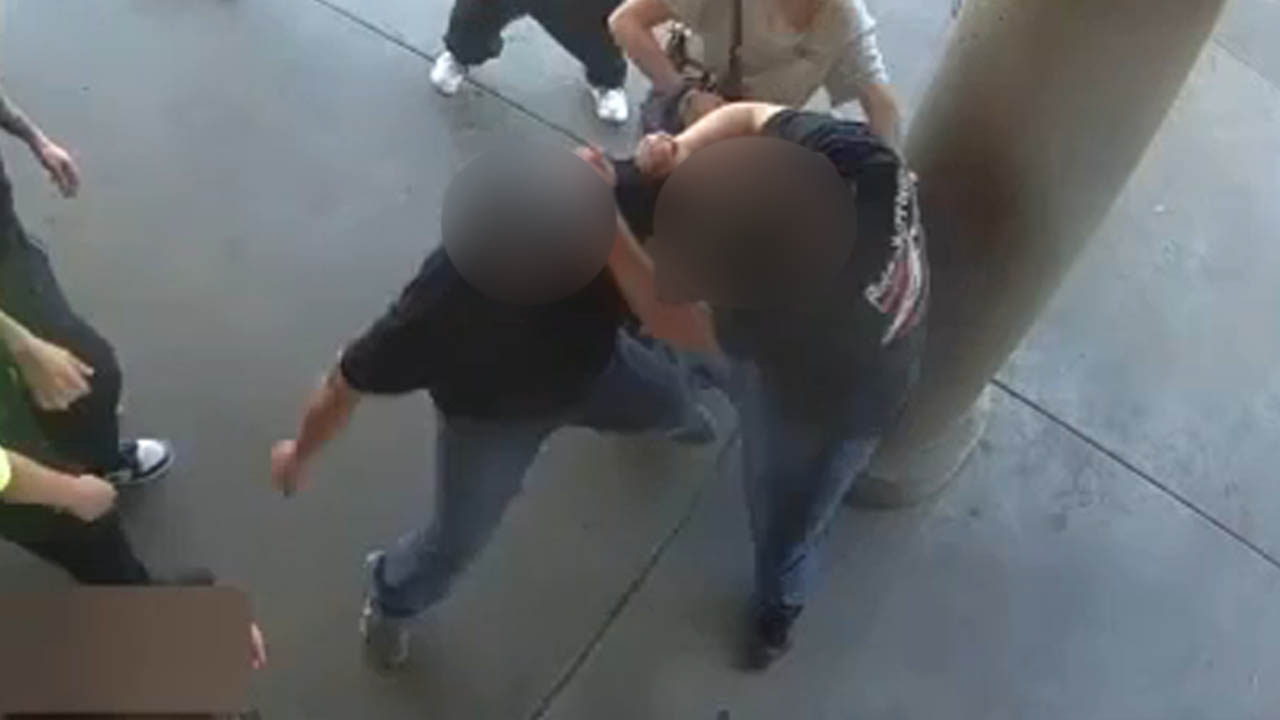Nonprofits struggle to help residence with no water due to drought
FRESNO, Calif. (KFSN) -- The biggest impact of this drought is on people who actually have no water and the groups trying to help them, don't have enough money.
Every well at every house on Britten Street, just south of Fresno has gone dry.
"One of the little boys used to come and say can we get water, because we need to wash our beans to cook, and I was like "what?" It surprised me", said Maria Molina.
She was glad to give her neighbors water for cooking and washing, and then one day, her well went dry. With six kids and an elderly mother to take care of, Molina was lucky, that after a month without water, her family was able to scrape together enough money to help get a water tank.
"I got all my brothers and they helped me, my mom asked them for help, and we had to pay $2,500 to get it, and then every week we have to pay $150 to fill it."
But many with dry wells have no one to rely on. That's where nonprofit groups are coming in. Hugh Ralston of the Fresno Regional Foundation is working to bring them all together.
"As a community group we want to find ways to engage donors and funders in how to address the needs of the drought and how to work with nonprofits that are feeling immediate problems, like no food and no water," stated Ralston.
One of those nonprofits, Self Help Enterprises has been helping residents of East Porterville with water tanks, and so far about 40 wells thanks to a federal grant, but Director Paul Boyer says more is needed.
Boyer explained, "At this stage we've received applications for over a hundred families."
Sue Ruiz is working with residents in Fresno County and notes the dry well problem is spreading. She said, "It's moving north, the whole private well drought impact is moving north in the Valley."
This meeting was aimed at finding ways to get more money for wells, water tanks, food assistance and job training during this drought.
Luisa Medina, of Central California Legal Services says the drought is simply making the problems that have existed here for decades worse.
"Those are areas that need immediate attention but on a long term basis, we really need to go deep into how we alleviate poverty in our communities," said Medina.
The local nonprofits are trying to expand their funding base. They've been appealing to sources in LA and the Bay Area, but say in some cases they are finding groups outside the Valley have a hard time believing thousands of people in the Central Valley are actually living without running water.










